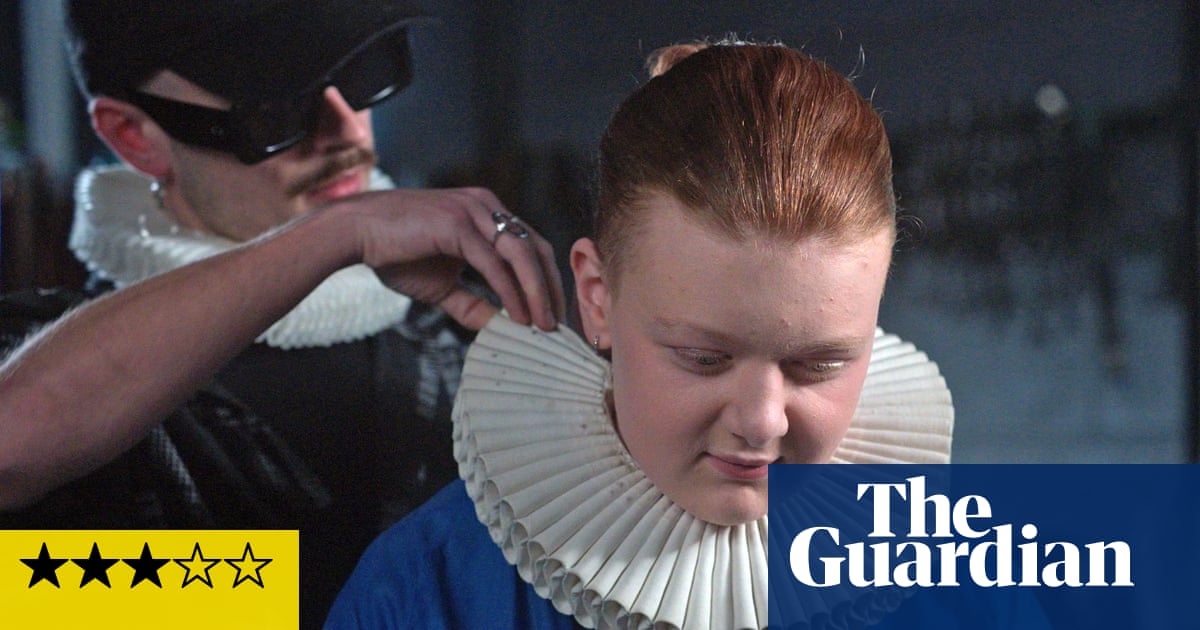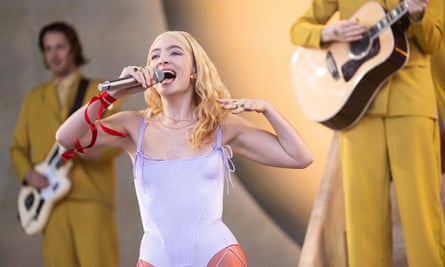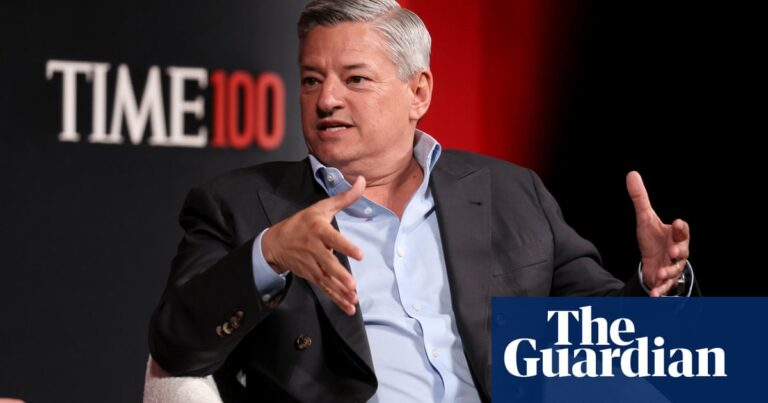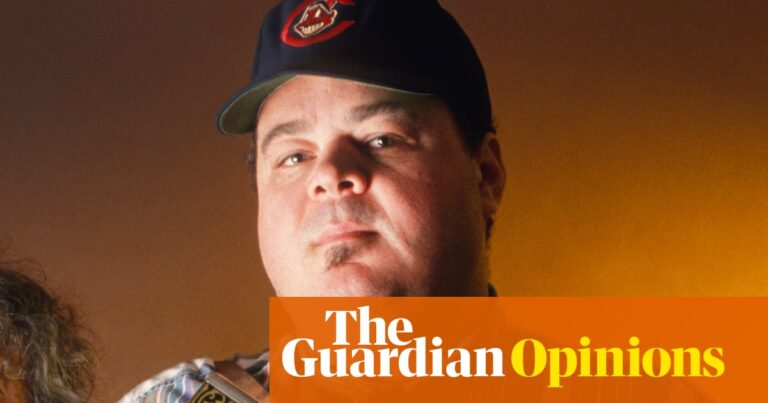
Paul B Preciado’s documentary is a jeu d’ésprit; maybe in fact a jeu d’ésprit about a jeu d’ésprit. It is a meditation on Virginia Woolf’s 1928 novel Orlando: A Biography – which has previously been adapted for stage and screen many times, most famously by Sally Potter in the 1992 film starring Tilda Swinton – about an Elizabethan aristocrat who changes sex from man to woman and magically lives on youthfully into the modern age, an anti-Faustian miracle of survival.
In this film, Preciado stages various scenes in which trans people present their own engaged critique: re-enacting moments from the book, or from their own lives and memories, or their own thoughts about Woolf, sometimes playfully mashing up details of Orlando’s life with their own – and wondering how it would look if Woolf’s creation was forced to endure psychiatric intervention the way they did. The film might occasionally feel a bit self-conscious, but in a way this is a by-product of the film’s experimental nature; trans people are engaging with this fictional literary text in which trans identity has a poetic reality, a visionary reality, precisely that reality which is here found to be empowering.
As to whether Woolf would endorse or even recognise the use to which her work is being put here is quite another question. Some of her other writings do not, to say the least, fit the modern progressive template. Being dead, she cannot, like JK Rowling, say anything to disconcert her followers. Yet the meanings of literary texts are themselves malleable and mutable; they speak to successive generations in different ways. And perhaps the most pertinent way here is the image of Orlando’s statelessness, continuing to exist into the modern age, forced to invent a new reality of selfhood.
Source: theguardian.com





















